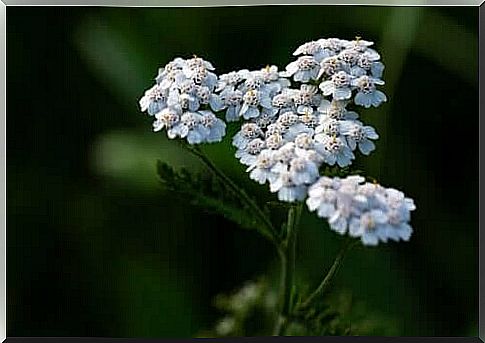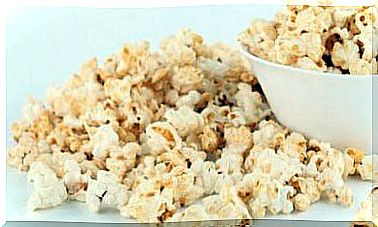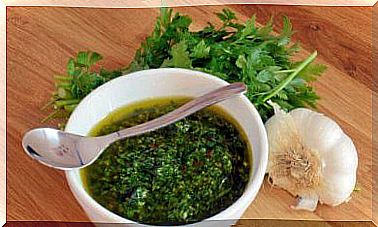Everything You Need To Know About Yarrow Tea

Yarrow tea is a natural product obtained from the plant known by the scientific name Achillea millefolium which, in turn, belongs to the Asteraceae family . According to historical data, the name of its genus ( Achillea ) refers to the warrior Achilles of Greek mythology, who used the plant to treat the wounds of his soldiers.
According to a review published in the DARU Journal of Pharmaceutical Sciences , Achillea millefolium is known for its significant concentration of phytochemicals, including flavonoids, terpenoids and lignans. In which cases is it used? Find out below.
Benefits and Uses of Yarrow Tea
In natural medicine, Achillea millefolium tea is used orally to soothe various digestive symptoms. Likewise, it is believed that it can help in the treatment of wounds. However, so far, there is no solid evidence to prove these properties. Therefore, as with other herbal remedies, it should be used with caution.
Although some studies indicate that this plant may provide certain benefits in the form of herbal tea, extract or essential oil, the evidence is not entirely conclusive. Thus, it cannot be considered a substitute for medical treatments. Making that clear, we’ll look at some of its applications below.
Contributes to digestive health
In traditional medicine, yarrow tea has been used as a support for digestion. In particular, it is believed to help reduce diarrhea, gas and bloating. It is even recommended as an adjuvant in the case of ulcers and irritable bowel syndrome.
What is the reason? Its flavonoid and alkaloid content appears to contribute to the relief of these digestive problems, as indicated by research published in the African Journal of Traditional, Complementary and Alternative Medicines.
On the other hand, plant extracts have anti-acid and anti-inflammatory properties, which have a protective effect against damage caused by excess stomach acid. In an animal study published in the Journal of Ethnofharmacology , yarrow tea was shown to have beneficial properties in the case of ulcers. However, more evidence is needed.

Stimulates wound healing
Undoubtedly, one of the most traditional uses of yarrow tea is in wound healing. In fact, its extracts are used in the production of poultices and ointments for this purpose.
An animal study published by Acta Poloniae Pharmaceutica determined that Achillea millefolium leaves contain extracts with anti-inflammatory and antioxidant activity. These effects appear to have a positive impact on injury recovery.
On the other hand, this research established that the extracts of this plant contribute to increase the fibroblasts, that is, the cells responsible for the regeneration of the connective tissue. Thus, it can be considered a complement in case of scars.
Contributes to brain health
Yarrow tea contributes to the proper functioning of the brain. Although there is little preliminary evidence in this regard, the results seem promising regarding the use of the plant for cognitive problems.
A review published in the Iranian Journal of Basic Medical Sciences suggests that this plant’s flavonoids serve as aids in neurodegenerative disorders. Specifically, its antioxidant and anti-inflammatory action is positive in diseases such as the following:
- Multiple sclerosis.
- Alzheimer’s.
- Parkinson’s.
- Stroke (CVA).
- Epilepsy.

Precautions and possible side effects of yarrow tea
Achillea millefolium tea is safe for most healthy adults as long as consumption is moderate. However, in some people, caution is needed due to the possible risk of side effects. Pregnant women should avoid it, as its consumption could cause miscarriages.
For safety, it is also important to avoid its use during lactation as it can affect the menstrual cycle. Likewise, it should be avoided by people with bleeding disorders or who take anticoagulant drugs, as it increases the risk of bleeding.
In the same vein, the herb should not be taken before or after surgery, due to the risk of bleeding. Its use should also be avoided in people with allergic reactions to ragweed and related plants.
There is no evidence for the safe dose of yarrow tea. It can vary depending on the age, health and possible conditions of the consumer. The ideal, as always indicated, is to consult your doctor.









